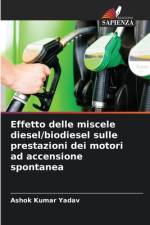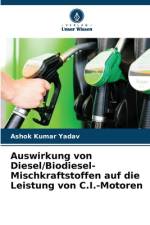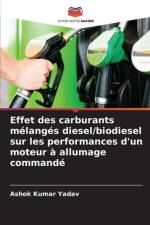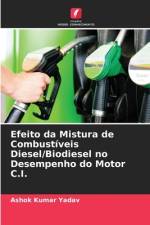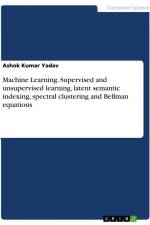Willkommen bei den Tales Buchfreunden und -freundinnen
Jetzt zum Newsletter anmelden und tolle Angebote und Anregungen für Ihre nächste Lektüre erhalten.
Mit Ihrer Newsletter-Anmeldung erklären Sie sich mit unseren Datenschutzbestimmungen einverstanden.Sie können sich jederzeit wieder abmelden.

